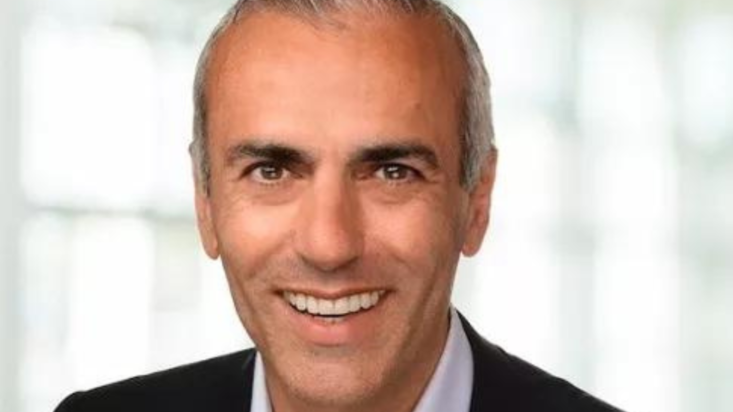‘If we have to, we’ll drive the bus’: Putting money to work in the dislocation
“At the beginning of this year it was blindly obvious that inflation was bubbling away on the horizon; interest rates were sitting at zero, monopoly money had to come to an end,” David Di Pilla, managing director of alternative asset manager HMC Capital, told the Inside Network’s recent Alternatives Symposium. “And equities were trading at 40 times forward P/E. Was that going to be sustainable? Clearly not.”
The listed HMC Capitak (ASX:HMC), which invests in public and private real assets, owns the largest ASX-listed convenience-store REIT, the HomeCo Daily Needs REIT (ASX:HDN), which has exposure to tenants including Coles, Woolworths and Bunnings, as well as mum-and-dad corner stores. At the moment there’s no “discernible impact” in terms of consumer behaviour, with many still engaging in “revenge spending” of savings accrued through Covid. But data from the US – which is probably about three to six months ahead of Australia – points to a slowdown, and De Pilla anticipates that the same story will play-out here as higher mortgages and fuel prices bite.
“In Australia, at the moment, it’s at the margin. The evidence is not out yet but you could probably expect some impact in the back half of this year.”
Markets are now staging a potentially short-lived recovery from a period that saw some parts of the listed universe fall as much as 40 per cent, and a real assets fall of “who knows how much.” The inflationary environment has seen HMC become a net seller of assets, but Di Pilla sees “fantastic opportunities” in the dislocation.
“The best way to get a return in this area is to look at great-quality businesses with real asset backing, because you can get an asymmetric return if you get into that business at the right point in the cycle, because you’ve got assets – whether it be real estate or hard assets – that underpin the investment thesis,” De Pilla said.
De Pilla looks to the “conglomerate discount” – the potential to get at underlying real assets embedded within a conglomerate structure – as one way to play the dislocation, and a reason that so many public companies are now being taken private. Conglomerate discounts mask value, De Pilla says; Crown contained “some of the best real estate in Australia”, and Blackstone acquired the business for basically the value of that real estate, while getting the actual operating business for “close to zero”.
The Crown royal commission was also a cyclical factor that caused its stock to be oversold pretty aggressively; albeit, as Di Pilla concedes, probably rationally. But that only impacts short-term earnings, not long-term value, and provides an attractive entry point.
“One example of where we’ve put capital to work is aged care. The (aged care) royal commission hit, listed operators got sold down incredibly hard – they were oversold. Again, real estate backing, real asset backing, provided an opportunity to take advantage of that.”
Sub-optimal capital allocation presents another opportunity to enter and effect change. There’s “real opportunity” in the Australian REIT sector at the moment, Di Pilla sees.
“But you’ve got some of these REITs with diversified portfolios of mega-malls, they’ve got industrial assets for some reason – what for? I don’t need you to make that portfolio allocation decision… I don’t need to be in a diversified REIT, and paying management another amount of money and then putting a portfolio discount on top and then have the benefit of these assets that you present me an NTA around that trade at 30 per cent discount.”
“Clearly there’s something wrong. The allocation’s wrong, the management discount is there. There’s some reason that discount can be closed – why can’t we help close that discount?”
While that’s typically called activism, Di Pilla prefers to describe it as “high-conviction strategic stakes.”
“Where these mispriced opportunities exist, take a stake, get active, start talking to management, start helping them close that discount. A lot of this can happen in the background without it playing-out publicly… But we’re not the passenger in the back of the bus. If we have to, we’ll go drive the bus.”










